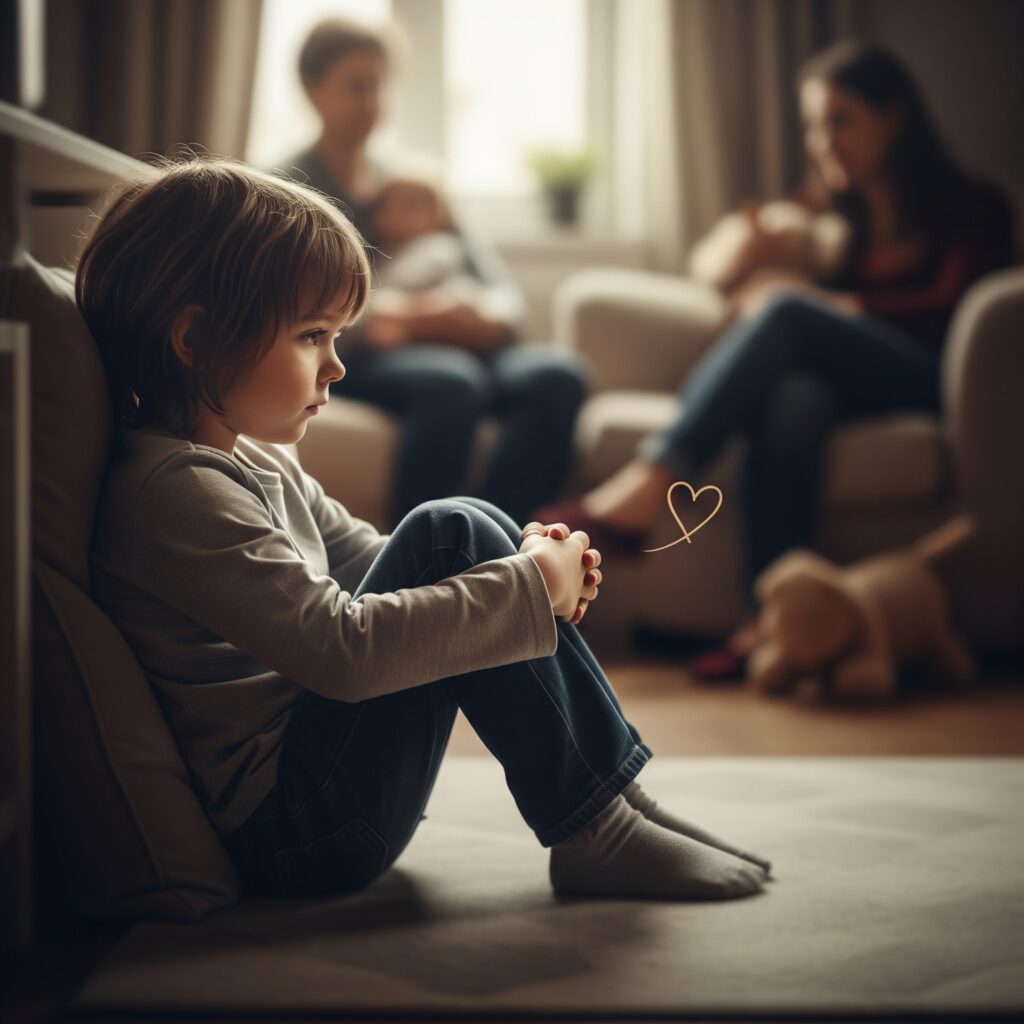
What Causes a Personality Disorder?
If you’ve ever wondered, how do you get a personality disorder?—you’re not alone. Personality disorders are complex mental health conditions that typically begin in childhood, often rooted not in obvious abuse, but in subtle emotional experiences that shape how a child sees themselves and the world.
One of the most overlooked causes is not feeling loved, even when love is present.
You Can Be Loved, But Not Feel Loved
A child might grow up in a home where parents say “I love you” a hundred times, yet those words don’t seem to register. The love is real and abundant, but something in the child’s emotional perception filters it out. Like water falling on a duck’s back, the love just rolls off—it doesn’t soak in.
This emotional disconnect can happen at a very young age—sometimes as early as four or five. And when a child doesn’t feel loved, no matter how much love is expressed, it begins to affect their entire view of themselves and others.
The Silent Signs: Misinterpreting Love and Kindness
When a child doesn’t believe they are lovable, they start to isolate themselves. They may become suspicious of others’ motives, even when those motives are pure. A friendly pat on the back might be misinterpreted as aggression. A playful tease from a peer may feel like bullying. Even teachers and caregivers might see the child as withdrawn or angry without understanding the root cause.
This misinterpretation of the world—seeing rejection or hostility where there is none—becomes the lens through which the child views life. And over time, it becomes part of their personality.
The Road to Personality Disorder
Without early mental health intervention, this internalized belief of being unlovable can harden. The child may grow into an adolescent who mistrusts affection, resists connection, and struggles with low self-esteem or chronic emotional pain.
In time, the mind starts developing strategies—coping mechanisms—to navigate a world perceived as harsh and unkind. This is where personality disorders can begin to take shape. The pain of being misunderstood, unloved (or feeling unloved), and emotionally isolated can manifest in patterns of thinking, feeling, and behaving that become difficult to change without professional help.
What Can Parents and Loved Ones Do?
It’s critical for caregivers to understand that children don’t always interpret love the way adults intend to give it. If a child withdraws, seems perpetually angry, or feels misunderstood, don’t just correct their behavior—seek to understand their emotional world.
Therapy, especially in childhood, can make a world of difference. At Insight Choices, we specialize in helping individuals and families understand the deeper emotional roots of behavior. Through compassionate, evidence-based care, we help clients reconnect with themselves and others.
When to Seek Help
If you or someone you love:
Struggles to trust others’ intentions
Frequently feels unloved or unwanted
Has difficulty forming or maintaining relationships
Shows signs of emotional withdrawal, isolation, or hostility
Experiences ongoing feelings of worthlessness or sadness
…it may be time to speak with a licensed mental health professional.
Get Help at Insight Choices
At Insight Choices, we provide compassionate and personalized therapy for those dealing with personality disorders, emotional trauma, and childhood attachment issues. Our providers understand how early emotional wounds shape adult mental health—and how to begin the journey of healing.
Schedule a consultation today and take the first step toward reconnecting with your true self.

Dr. Chang is a highly respected psychiatrist with extensive experience serving patients in the greater Los Angeles area. With a distinguished background in psychiatry, he has dedicated his career to advancing mental health care through both clinical practice and academic contributions.
